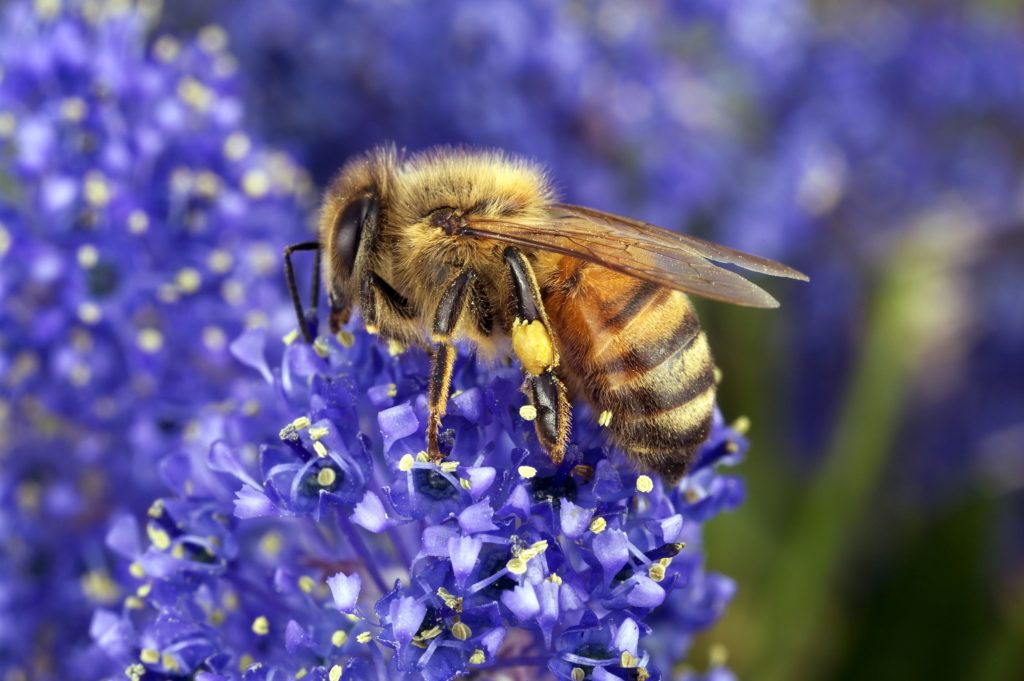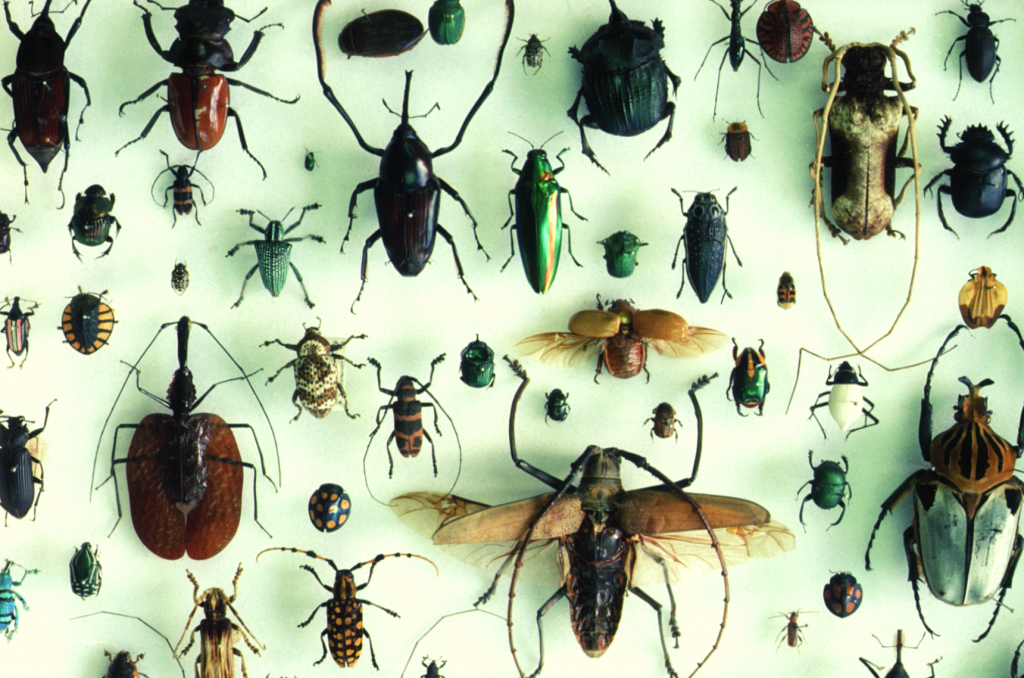Providing for bees in forest regeneration projects
Restoring pollinator populations should be prioritised for long-term effectiveness in forest restoration programmes According to the World Bank, 1.3 million km2 of forest was lost to human activities between 1990 and 2016, and deforestation rates have been increasing. With the threat of massive biodiversity losses and mounting evidence of the importance of forests in combatting climate change, efforts…
Why a global insect decline affects us all
Insects crucial for ecosystem functioning and food production A comprehensive review of insect declines around the world gives a stark picture of the scale of the declines and the consequences both for ecology and human welfare. The paper, published in Biological Conservation, warns that 40% of the world’s insect species could become extinct within a few…
Climate change – will it affect spread of vector borne diseases?
Climate change is going to mean mosquito-borne diseases spread north out of the tropics right? That seems to be the story the news media are giving us. But it is really the case? Do we really need to start thinking about buying bednets to protect against mozzy bites? As editor of Global Health database I…
The Environmental Impact of NutritionandFoodSciences…dot org
We’ve explored obesity in many different forms during the course of this year and if you’re a regular Handpicked reader (enter your email in the box on the left and click on ‘subscribe’ to become one if you’re not already), you’ll by now be well aware of a recurring theme in our nutrition posts. Energy.…



